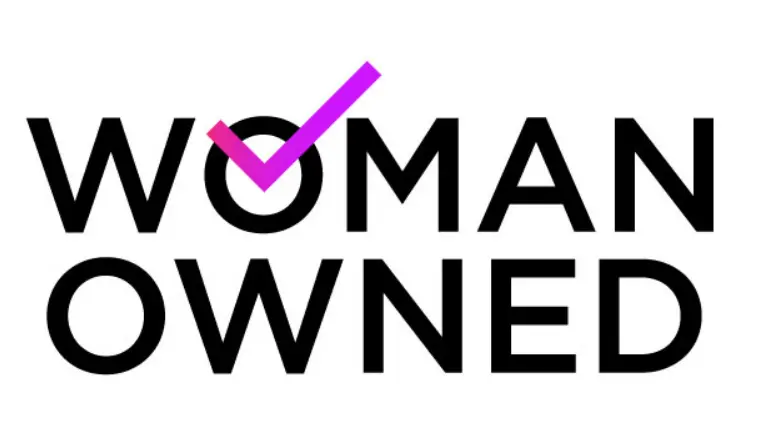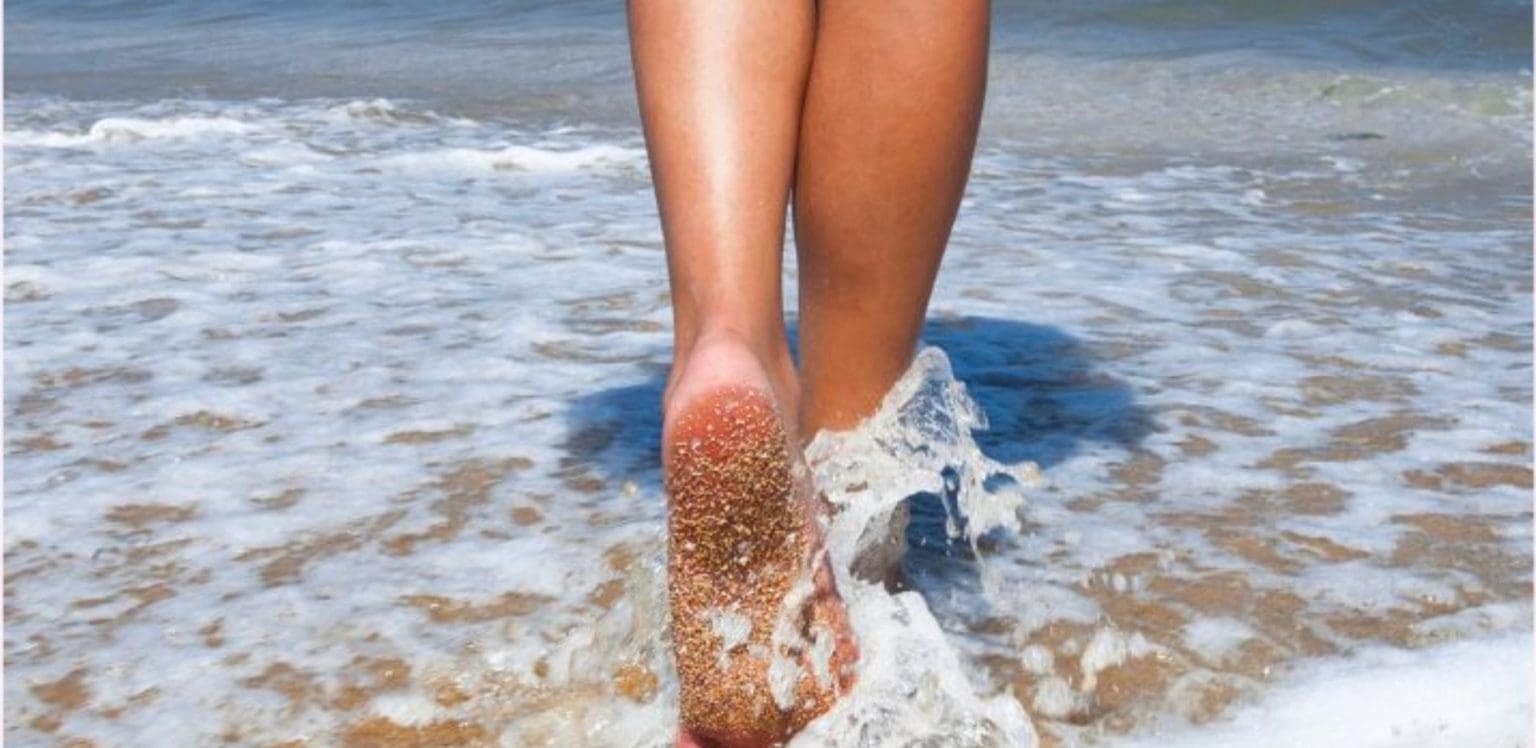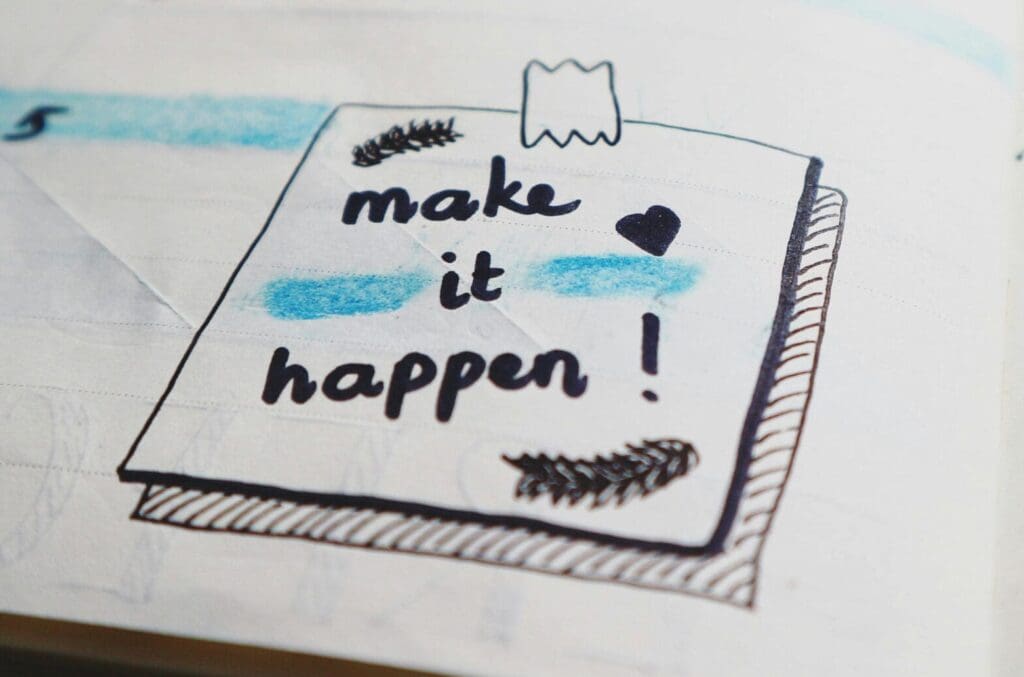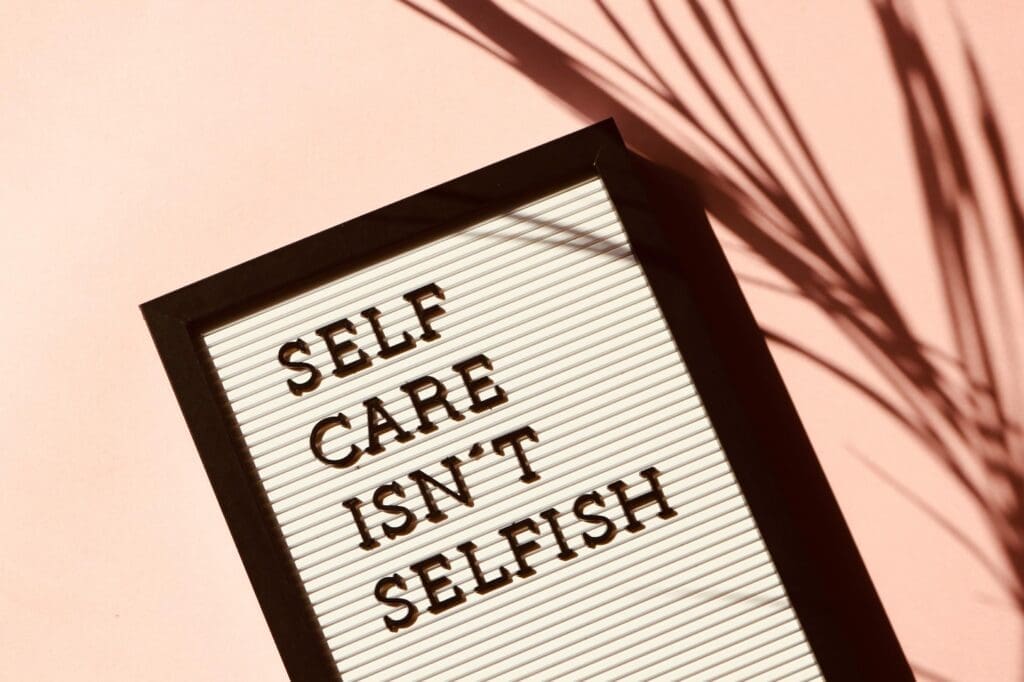Tips On How To Love Your Body This Summer
By Alyssa Bombacino
Each summer, nearly everyone strives for the “perfect summer body”. We often see “slim” and “athletic” body types on the News, TV, and social media. We are all targeted and influenced by this, regardless of gender.
This is harmful because the “ideal body type” that is often displayed in the media is unrealistic. Some ways to counter unrealistic media examples and to promote positive mental health are to practice body acceptance, and body positivity. To find out how to accept your body and love it keep reading.
As summer begins, it’s important to remember that your body is worthy of respect, and that you are worthy of love, and happiness regardless of your body size.
5 Ways To Practice Body Positivity
- Follow body positive social media accounts that make you feel empowered, and unfollow accounts that do not serve you.
- Make a list of 5 things you like about yourself each day.
- Limit comparison to others and focus on your own happiness.
- Write down positive affirmations and put them on your mirror or your computer screen! Some helpful ones to write down are: “I am enough”, “My weight and appearance do not define me”, “My worth is not based on my physical appearance”, and “I am worthy of happiness and love”.
- Surround yourself with those who help you feel more confident.
Fardouly and Vartanian (2016) state that there is a strong link between frequent social media use and the development of negative body image issues such as dieting, self-objectification, and body surveillance. However, there are ways to limit negative thoughts about the body and development of mental health issues. As Kroon Van Diest (2018) describes, “body positivity helps protect against a negative self-image and unhealthy attempts at changing body shape and weight”.
5 Ways To Practice Body Acceptance
- Challenge unhelpful thoughts and reframe them into positive thoughts.
- Think about the great things that your body is able to do for you.
- Set realistic goals for yourself and your body.
- Do something nice for your body.
- Exercise in a way that makes you feel personally happy.
It’s easy to feel like your body is not good enough when comparing it to those that you see in the media but it’s important to remember that a scale does not take into account many other factors such as weight fluctuations, age, sex, and ethnicity. Overall health can best be measured through one’s happiness, and energy levels. NEDA describes, “Beauty is a state of mind, not a state of your body”. When exercising and eating, the goal should be to take care of your body and to promote good overall health, not for the sole purpose of weight loss or dieting. According to Cherry (2020) “having a negative body image is associated with an increased risk for some mental health conditions including depression and eating disorders”.
Body positivity is being proud of your body and viewing it and others positively regardless of the societal standards about ideal body shape or size. Body acceptance is the process of accepting your body even if you are not completely satisfied with every aspect of it. They are both beneficial in redefining societal standards and our ideas of wellness and health.
At JRM&A we lead with compassionate, trauma-informed therapeutic models that are personalized and solution-focused to help support our clients’ needs and attain their personal goals.
You can reach us at (650)-386-6753 or info@joellerabowmaletis to share your comments, ask questions or schedule an appointment.
Here are some helplines for individuals struggling with eating disorders:
- For support, resources, and treatment options for yourself or a loved one who is struggling with an eating disorder, call or text the National Eating Disorder Association (NEDA) helpline at (800)-931-2237
- If you or someone you know is experiencing an eating disorder or needs treatment referrals, call the National Association of Anorexia Nervosa and Associated Disorders (ANAD) helpline at (888)-375-7767.
- If you are experiencing suicidal ideations please call or text the National Suicide Prevention Lifeline at 800-273-8255.
Sources
Cherry, K. (2020, November 21). Why body positivity is important. VerywellMind. Retrieved September 8, 2022, from https://www.verywellmind.com/what-is-body-positivity-4773402
Fardouly, J., & Vartanian, L. R. (2016). Social media and body image concerns: Current research and future directions. Current Opinion in Psychology, 9, 1–5. https://doi.org/10.1016/j.copsyc.2015.09.005
Kroon Van Diest, A. (2018, October 30). Body positivity: An important message for girls, and boys. Nationwide Children’s Hospital. Retrieved September 8, 2022, from https://www.nationwidechildrens.org/family-resources-education/700childrens/2018/10/body-positivity
National Eating Disorders Association (2021, February 3). 10 steps to positive body image. National Eating Disorders Association. Retrieved September 8, 2022, from https://www.nationaleatingdisorders.org/learn/general-information/ten-steps




